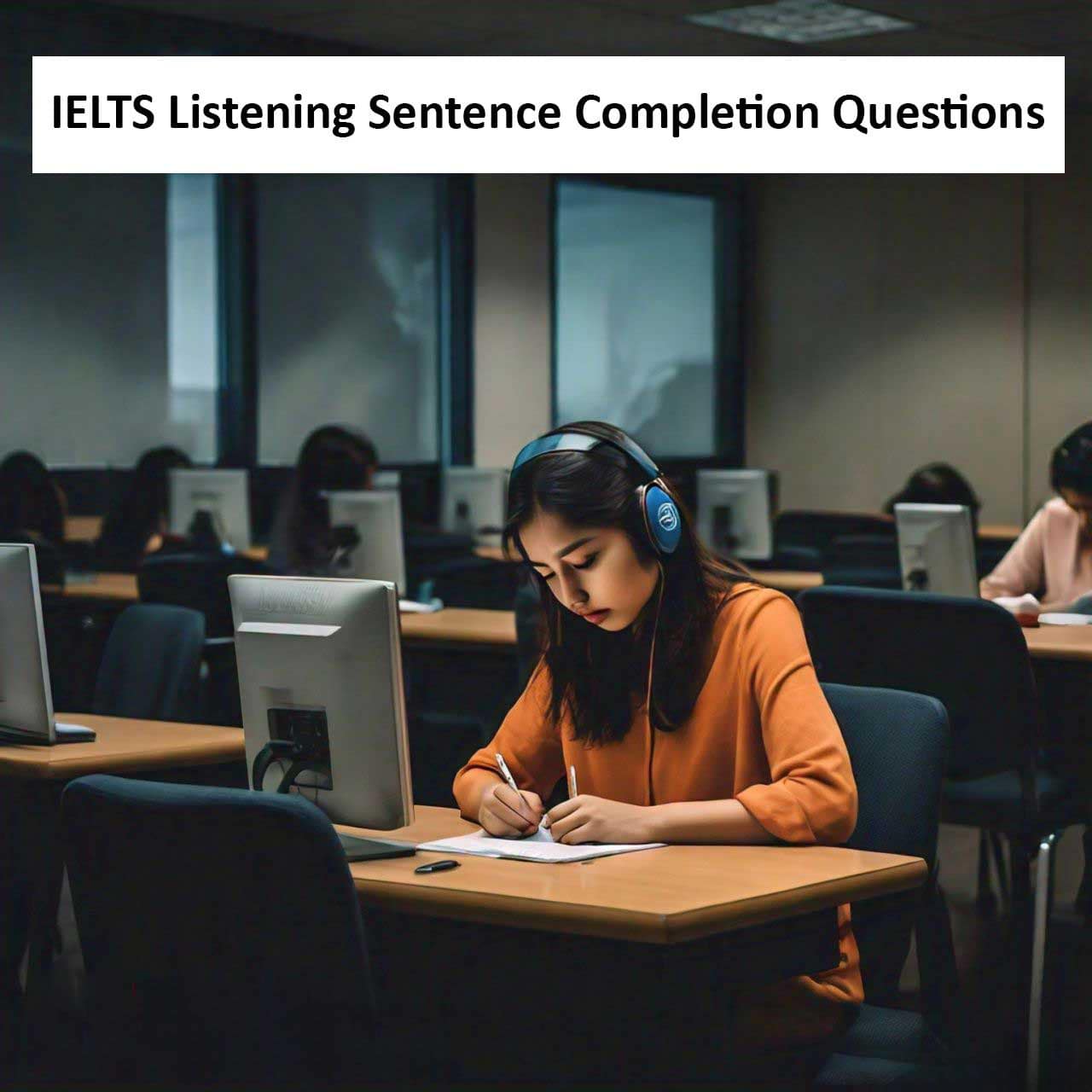The IELTS (International English Language Testing System) Listening section presents a unique challenge for test-takers, requiring not only acute listening skills but also effective note-taking techniques. Taking notes effectively can significantly enhance comprehension and retention of key information, ultimately leading to better performance on the exam. In this blog post, we’ll explore strategies for taking notes effectively in the IELTS Listening test to help you succeed.
Importance of Note-Taking in IELTS Listening
1. Retains Key Information: Note-taking helps you retain essential details, such as main ideas, supporting points, and specific details, while listening to the audio recordings.
2. Facilitates Review: Notes serve as a valuable reference for reviewing information during the test and verifying answers afterward.
3. Organizes Thoughts: Structured notes organize your thoughts and ideas, making it easier to follow the flow of information and identify important points.
4. Saves Time: Efficient note-taking can save time by allowing you to focus on listening actively rather than trying to remember everything verbatim.
[post_ads]
Strategies for Effective Note-Taking
1. Use Abbreviations and Symbols: Develop a system of abbreviations and symbols to represent common words or phrases quickly. This saves time and space while ensuring clarity in your notes.
2. Focus on Keywords: Listen for keywords or key phrases that convey essential information and jot them down in your notes. These keywords serve as anchors for understanding the main ideas of the audio.
3. Identify Main Ideas and Supporting Details: Distinguish between main ideas and supporting details in the audio and prioritize capturing main ideas in your notes. Supporting details can be noted briefly or omitted if time is limited.
4. Create a Structured Format: Organize your notes in a structured format, such as using bullet points, headings, or columns, to visually separate different sections of information and facilitate review.
5. Listen for Signal Words: Pay attention to signal words or phrases that indicate transitions, such as “however,” “in addition,” or “finally.” These signal words help you follow the flow of the audio and identify changes in topic or direction.
6. Leave Space for Additions: Leave space between notes or sections to allow for additions or corrections later. This flexibility enables you to add new information or clarify details as you listen further.
7. Write Legibly: Ensure that your handwriting is legible to avoid confusion when reviewing your notes later. Use a consistent writing style and size to maintain clarity.
8. Practice Active Listening: Actively engage with the audio by focusing on understanding and processing the information rather than passively listening. This active listening approach enhances comprehension and retention.
9. Review and Confirm: After completing each section of the Listening test, take a moment to review your notes and confirm that you’ve captured the main ideas accurately. Make any necessary revisions or additions.
10. Practice Regularly: Practice note-taking regularly using authentic IELTS Listening materials to refine your skills and build confidence. Familiarize yourself with different accents, speech patterns, and audio recording styles.
Conclusion
Effective note-taking is a crucial skill for success in the IELTS Listening test, enabling you to capture key information efficiently and accurately. By using abbreviations and symbols, focusing on keywords, identifying main ideas and supporting details, creating a structured format, listening for signal words, leaving space for additions, writing legibly, practicing active listening, reviewing and confirming notes, and practicing regularly, you can develop proficiency in note-taking and improve your overall performance on the exam. Remember, note-taking is a skill that can be honed with practice and dedication, so start implementing these strategies into your study routine today. With consistent effort and practice, you’ll be well-equipped to tackle the IELTS Listening test with confidence and achieve your desired score.



